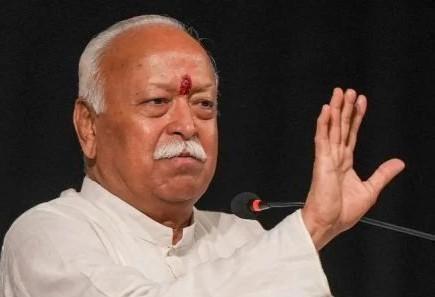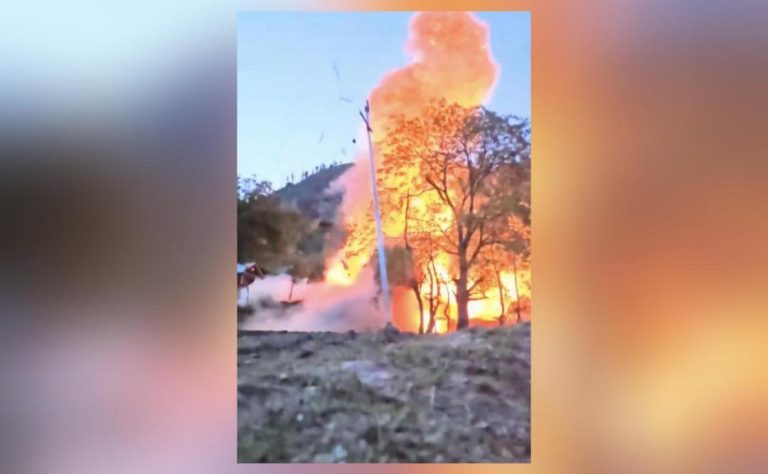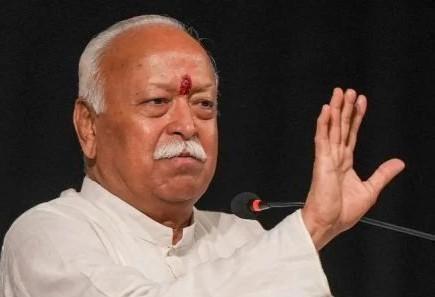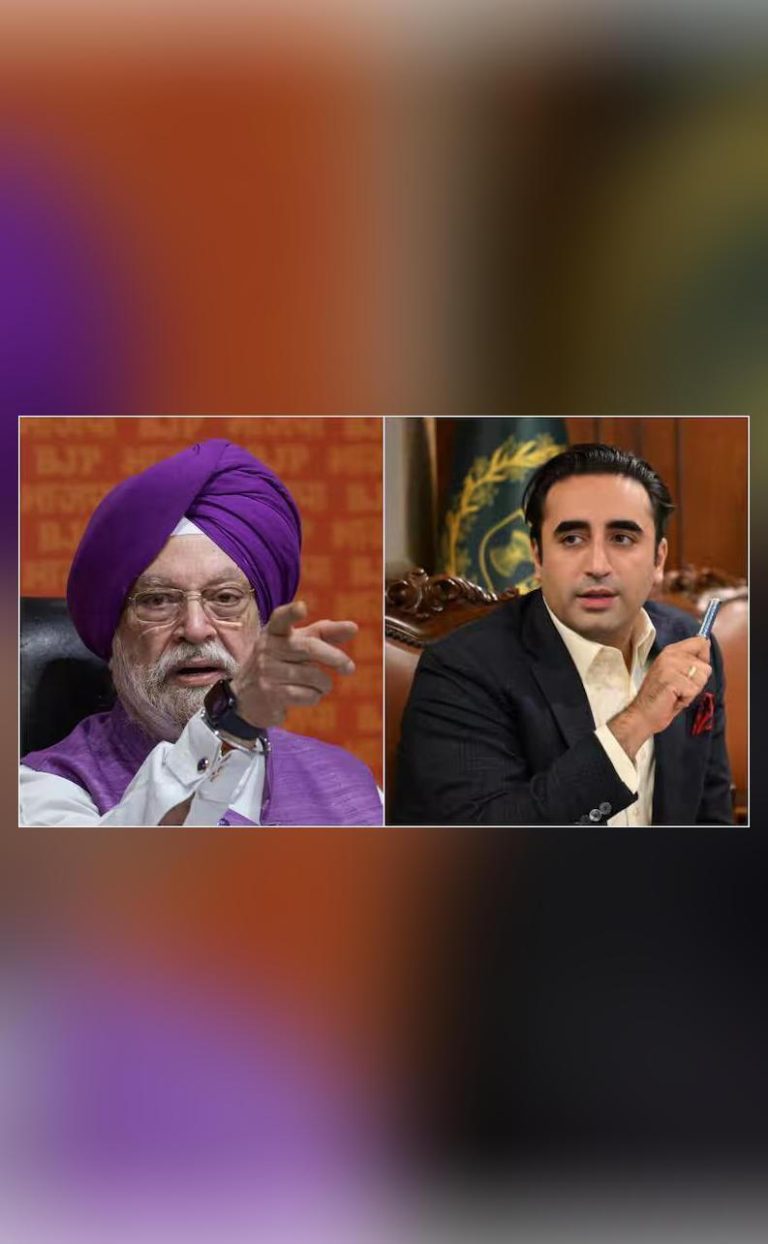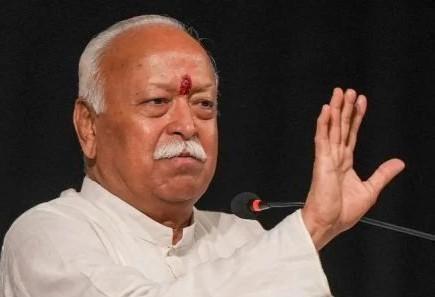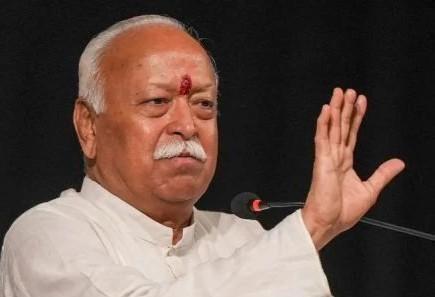
If someone turns to evil then we’ll teach lesson: Bhagwat on J&K attack
The recent terror attack in Pahalgam, Jammu and Kashmir, has sent shockwaves across the country, leaving several people injured and some dead. In the wake of this heinous act, the chief of Rashtriya Swayamsevak Sangh (RSS), Mohan Bhagwat, has spoken out on the issue, emphasizing the importance of teaching a lesson to those who engage in such acts of violence.
Speaking at a function, Bhagwat said that non-violence is indeed India’s religion, but so is teaching a lesson to “oppressors and hooligans”. He emphasized that India has always been a tolerant nation, never harming or disrespecting its neighbors. However, if someone is bent on being evil, then what is the cure? The king’s duty is to protect the people, and he will do his duty, Bhagwat added.
Bhagwat’s statement has sparked a mix of reactions from the public, with some interpreting it as a call for revenge against those who commit such acts of terror, while others see it as a statement of intent to protect the people of India from such threats.
It is indeed crucial to acknowledge that the recent terror attack in Pahalgam is a stark reminder of the ongoing struggle for peace and stability in Jammu and Kashmir. The region has witnessed numerous violent incidents in recent years, and the recent attack is a stark reminder of the need for sustained efforts to combat terrorism.
In this context, Bhagwat’s statement assumes significance, as it reflects the RSS’s stance on the issue of terrorism. The RSS has historically been a strong advocate for Hindu nationalism, and its views on terrorism often reflect a pragmatic approach that seeks to balance the need for national security with the need to promote peace and stability.
Bhagwat’s emphasis on the importance of teaching a lesson to those who engage in violence is also noteworthy, as it reflects a broader societal trend in India. The country has a long history of tolerance and non-violence, and many Indians would agree that violence is not the answer to violence. However, in the face of ongoing threats to national security, there is a growing sentiment that the government must take a firmer stance against those who engage in acts of terrorism.
This sentiment is reflected in the recent surge in support for the government’s efforts to combat terrorism. The Indian government has faced criticism from some quarters for its handling of the situation in Jammu and Kashmir, but there is a growing consensus that the government must take a firmer stance against those who engage in acts of violence.
In this context, Bhagwat’s statement assumes significance, as it reflects the RSS’s support for the government’s efforts to combat terrorism. The RSS has historically been a strong advocate for Hindu nationalism, and its views on terrorism often reflect a pragmatic approach that seeks to balance the need for national security with the need to promote peace and stability.
However, Bhagwat’s statement also raises important questions about the nature of violence and the role of the state in combating it. On one hand, the statement reflects a desire to protect the people of India from threats to national security, which is a legitimate concern for any government. On the other hand, the statement also reflects a willingness to use violence as a means of combating violence, which raises important questions about the moral implications of such an approach.
In this context, it is important to acknowledge that the use of violence as a means of combating violence can often be counterproductive, as it can fuel a cycle of violence and retaliation. Moreover, the use of violence can also undermine the rule of law and the principles of human rights, which are essential for maintaining peace and stability in any society.
Therefore, it is crucial that the government and other stakeholders in India take a more nuanced approach to combating terrorism. This approach should balance the need for national security with the need to promote peace and stability, and should prioritize the protection of human rights and the rule of law.
In conclusion, Bhagwat’s statement on the recent terror attack in Pahalgam reflects the RSS’s stance on the issue of terrorism, and emphasizes the importance of teaching a lesson to those who engage in violence. While the statement is notable for its emphasis on the need to protect the people of India from threats to national security, it also raises important questions about the nature of violence and the role of the state in combating it.
As India continues to grapple with the challenges of terrorism, it is crucial that the government and other stakeholders take a more nuanced approach to combating this threat. This approach should prioritize the protection of human rights and the rule of law, and should seek to promote peace and stability through sustainable and long-term solutions.
Source: https://youtu.be/SpAKVWl5wII
